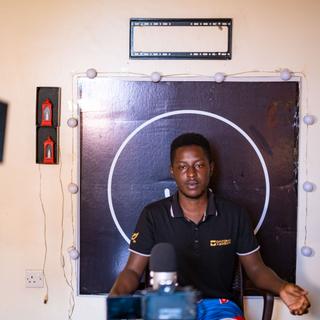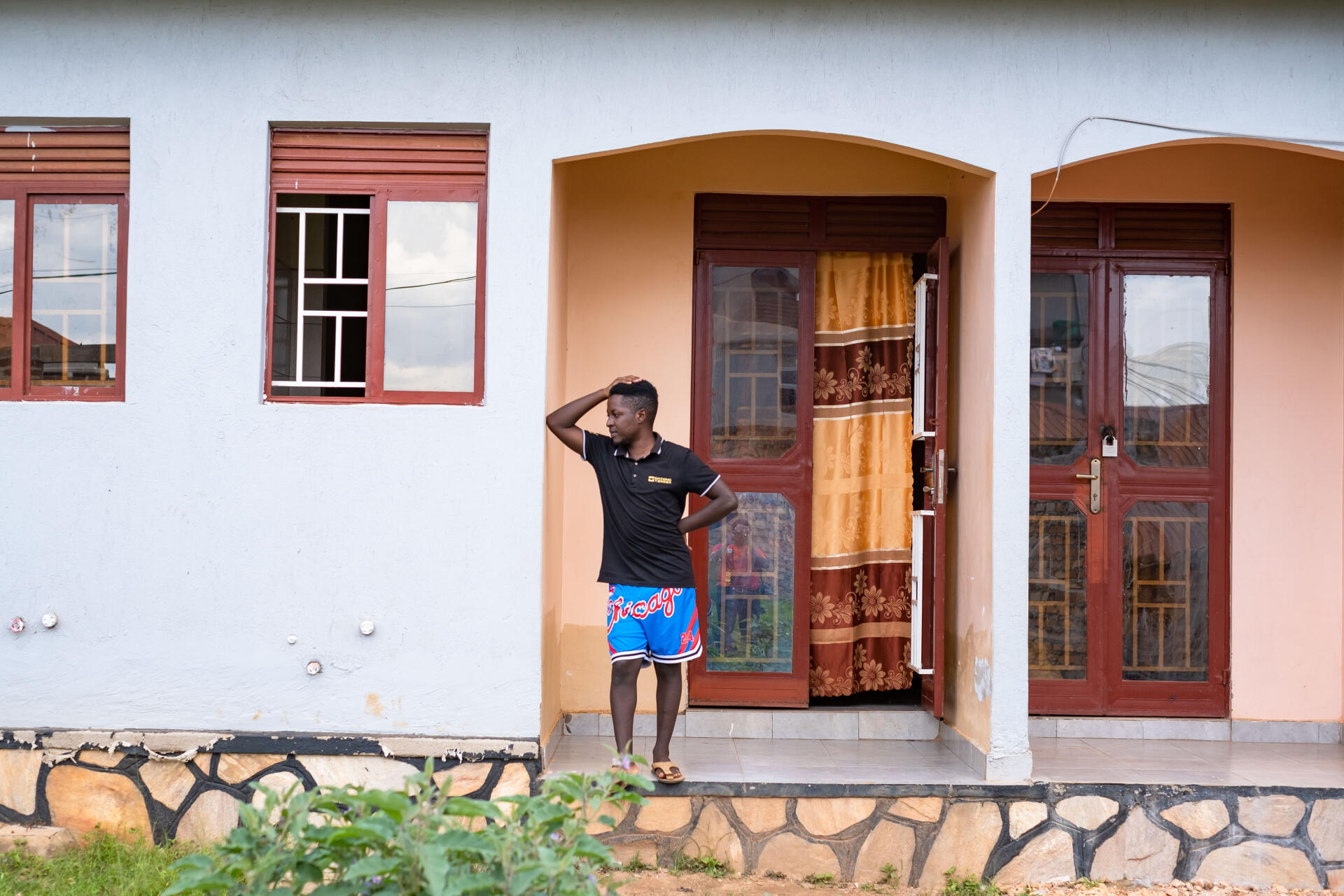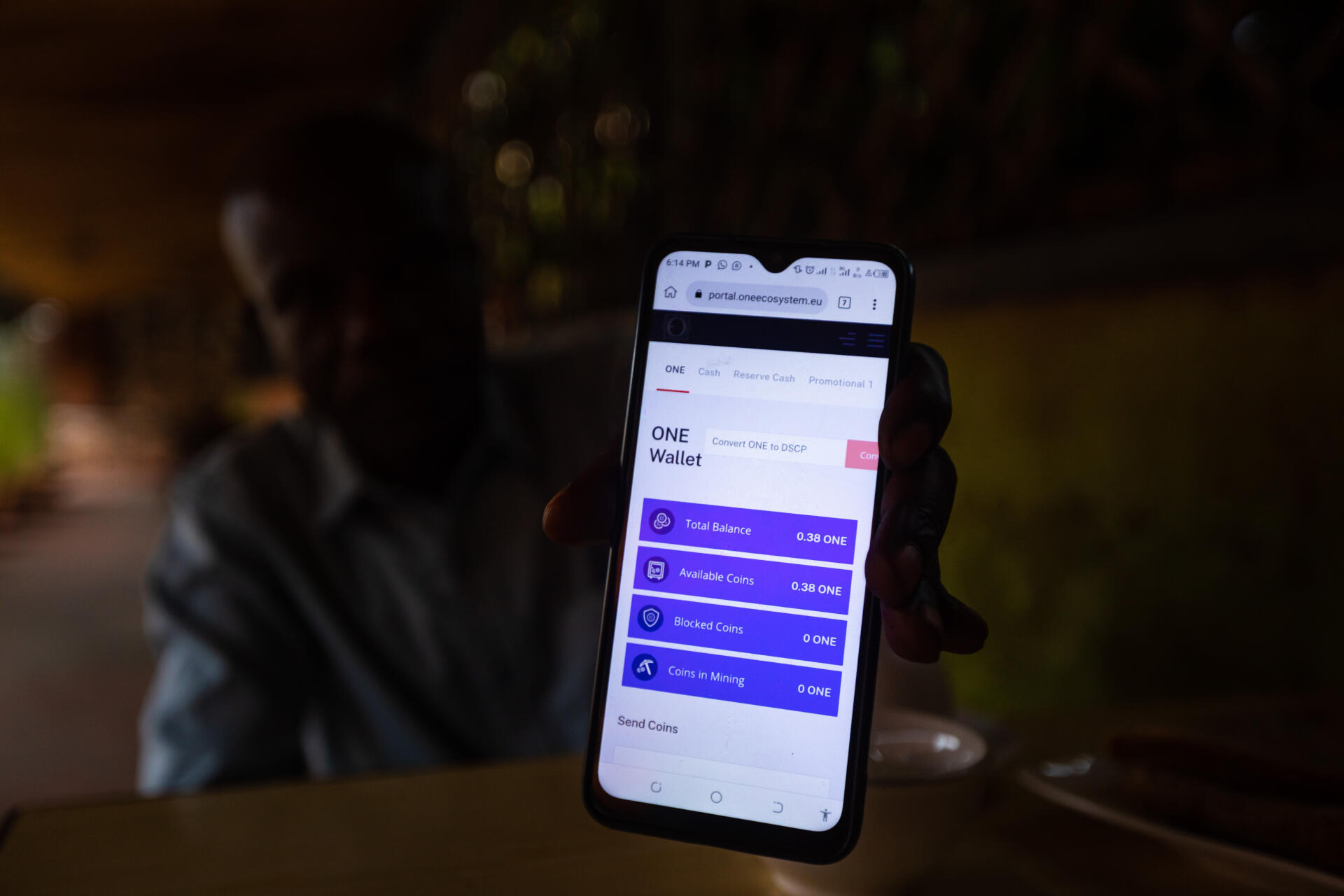


How Uganda became a hotbed for cryptocurrency scams
FeatureOneCoin, a global scam worthy of a Hollywood blockbuster, fooled many Ugandans. Other scams have since followed, illustrating the mad rush to fake crypto-currencies in Africa.
Daniel Leinad Turyasingura imagined himself "going to university, driving a car." In other words, affording everything he dreamed of. And with good reason: in 2016, this high school student from a small rural Ugandan town had the chance, thanks to a friend, to invest very early in a cryptocurrency that was about to dominate the world. "OneCoin promised to replace all other currencies, it was the future of payments. We all saw it as a paradigm shift," said the 26-year-old, who lives in a tidy house in the capital Kampala. At the time, bitcoin, another revolutionary "crypto," was starting to gain recognition in the country. But OneCoin promised to be bigger and stronger.
Daniel pooled his savings and sold three of the family's goats to buy a "bundle" of 700,000 Ugandan shillings (around €168), giving him around 700 OneCoins that would soon be worth a small fortune. His father also bought a bundle, as did an uncle they dragged into the venture – which earned them a small recruitment bonus (less than €2), but also showed their magnanimity: "We couldn't let him die in poverty, it was an opportunity."
The OneCoin frenzy was then at its height. Its charismatic founder, Ruja Ignatova, a Bulgarian businesswoman, had been traveling the world for two years, converting thousands of people to her financial revolution at major conferences, sold as inclusive and unifying. "One coin, one family!" she would exclaim on stage, richly adorned and her lips painted a deep red, as recounted by the BBC in the fascinating podcast The Missing Cryptoqueen. Her team claims that Ignatova, a former McKinsey consultant, helped develop bitcoin and close its loopholes to create "the perfect currency."

On one of Kampala's green hills, OneCoin Uganda's offices were abuzz with activity. The walls were lined with pictures of "Dr Ruja," the rooms were lavishly furnished, and free food and juice were served. The program included introductory finance sessions, delivered in English in the morning and Luganda in the afternoon. "We were shown how money has evolved over the course of history from barter to cowries [shells that have long been used as currency in the region], then to gold, silver and then paper," said another investor, Paul John Mukasa, 55. The farmer, disillusioned by the structural weakness of his national currency, the Ugandan shilling, was taught that the era of cryptocurrencies had arrived. "Their value increases over time because demand is there and supply is fixed," he repeated.

On the outside, the organization attracted new members by holding gatherings that were part fair, part religious sermon, piquing the curiosity of David Lumala, then a student and now a cryptocurrency consultant. "It's OneCoin everywhere, we watched videos of 'Dr Ruja.' There's a lot of energy and enthusiasm. One guy even showed me photos of an apartment he bought in Dubai," he recalled, feeling "lucky" not to have had any money to invest at the time.
You have 70% of this article left to read. The rest is for subscribers only.
